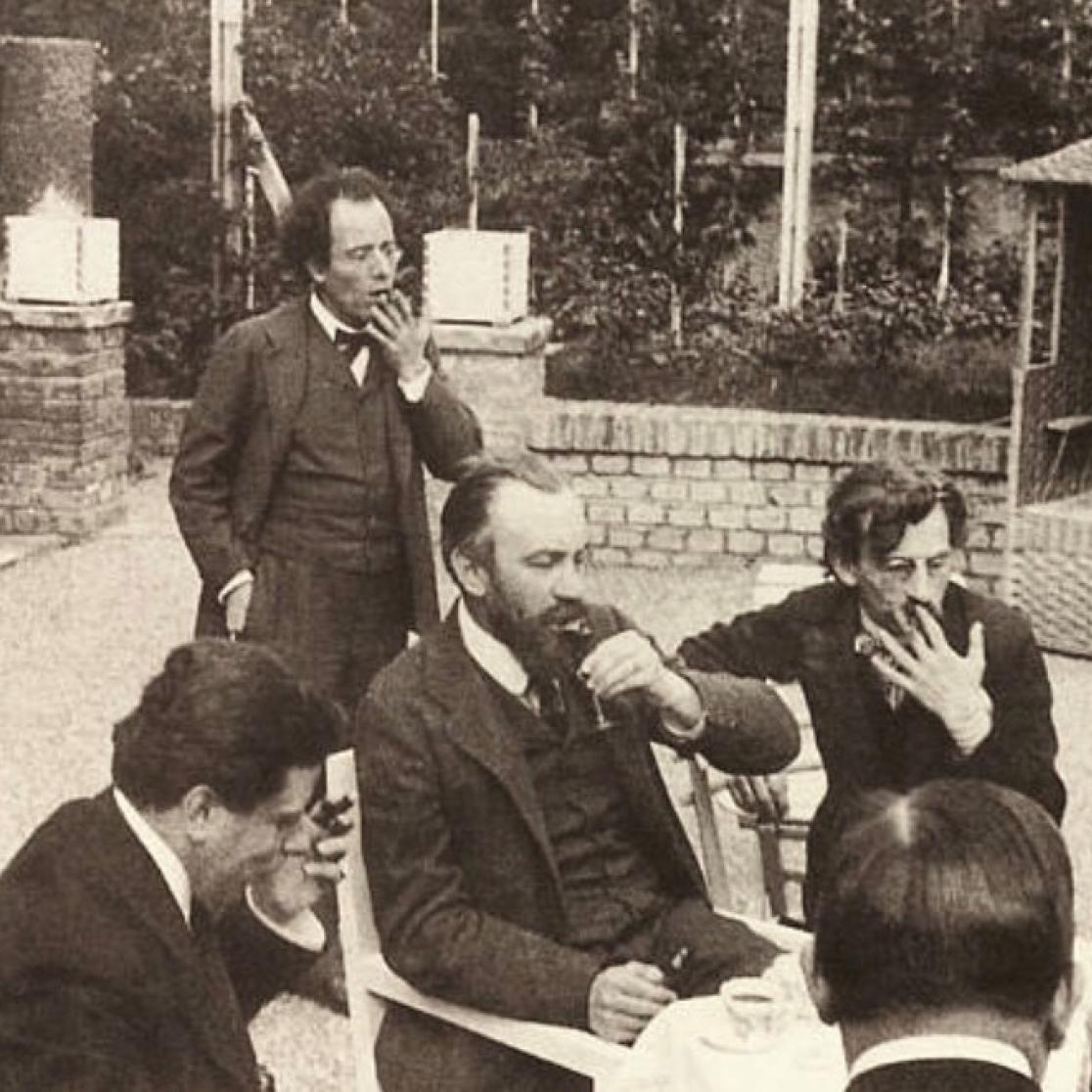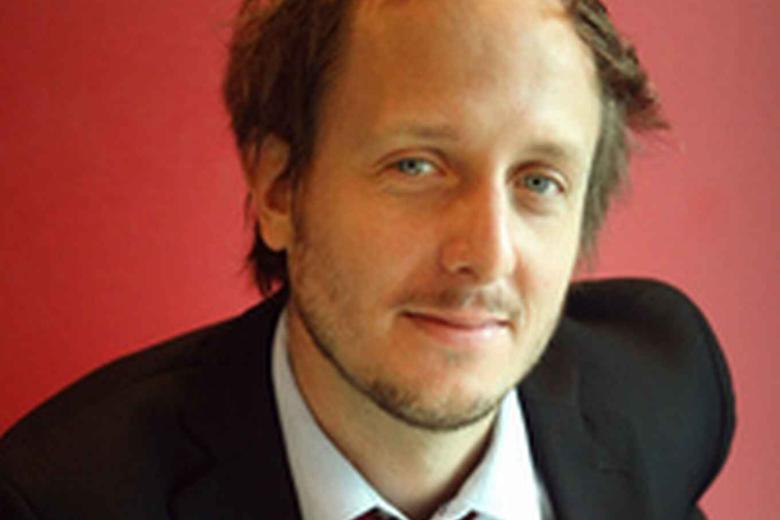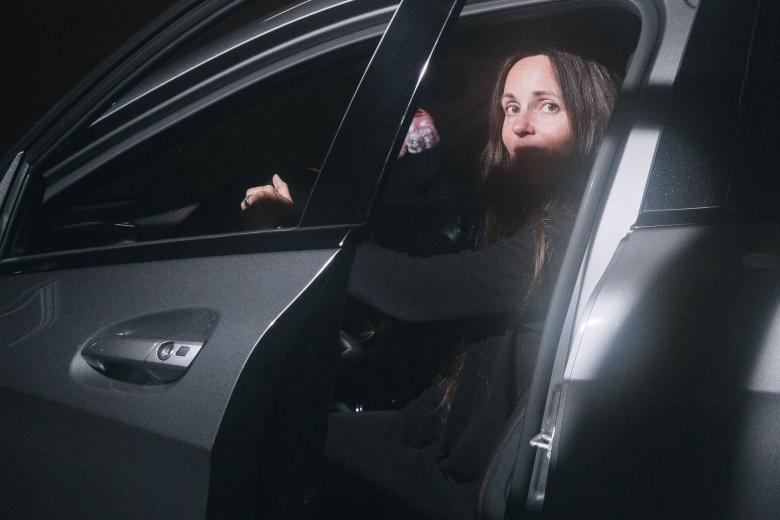Mahler at the regular’s table
During an ordinary classical music concert, the tasks are clearly divided. Musicians play under the direction of the conductor on the podium of the concert hall, the audience in the hall listens attentively, preferably without coughing and applauding at the wrong times.
That division of roles arose in the 19th century and still works well for those who want to enjoy a traditional concert. In recent years, many orchestras including philharmonie zuidnederland have looked for alternatives to the concert ritual. This is to appeal to younger people or to involve concert visitors in new ways during the concerts.
How can the public actively participate in programming, performing and appreciating concerts? To address this question, this season philharmonie zuidnederland will organize together with researchers from MCICM, the Maastricht Centre for the Innovation of Classical Music, a number of experiments in which the orchestra will collaborate with Maastricht University and Zuyd School of Applied Sciences. During the experiments, we will test how classical music can work in situations other than the concert hall.
The first experiment revolves around Mahler's music. In many of his symphonies and orchestral pieces, the composer used folk music, sometimes literally, sometimes edited. In Austria, this type of folk music was played at the café tables, am tisch similar to a jam session in a jazz bar. In November, three ensembles will play adaptations of Mahler's orchestral music in two cafés in Maastricht. A klezmer group will play Yiddish music that Mahler influenced, a brass band will play a coral from the Second Symphony, and we will hear the famous Adagietto from the Fifth Symphony in an arrangement for a string quartet and a harp. Musicians and listeners will learn from each other as well as get to know Mahler in a different way.
Later in the season, friends of philharmonie zuidnederland will arrange a special concert. They will choose the repertoire based on special stories – about themselves or about others. During the People’s Salon, the importance of classical music in our lives is audible and recognizable. A third experiment will focus on music from the Maastricht-Northwest district. Musicians from philharmonie zuidnederland will converse with residents from this quirky neighborhood and listen to their stories. How can these stories resonate in classical music? Unlike other provinces, Limburg has a unique amateur music scene. With the fourth experiment, we will investigate what the symphony orchestra and HAFA worlds can learn from each other about how to get audiences to participate in the concerts.
This article was first published in Dutch in deKlank from philharmonie zuidnederland. >> article (Dutch only)
Peter Peters
Director MCICM

Also read
-
Globalisation & Law Network seminar with Rodrigo Vallejo Garretón
On 4 July 2025, the Globalisation & Law Network had the pleasure of welcoming Dr Rodrigo Vallejo Garretón, Assistant Professor in Private Law at the University of Amsterdam.

-
Language policy in European higher education
The increased Englishization of higher education is under discussion in several European countries. What does a balanced language policy look like that does justice to both the increasingly international character of higher education and a country's language-related cultural identity? At an...

-
A pinch of LSD, taken twice daily with meals
Fast forward to 2040: if you have ADHD or another psychological disorder, the doctor may no longer prescribe Ritalin or antidepressants, but instead a low dose of magic mushrooms, truffles or LSD. Associate professor Kim Kuypers is studying the use of psychedelics as potential medicines of the...
